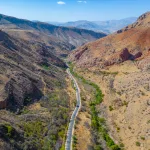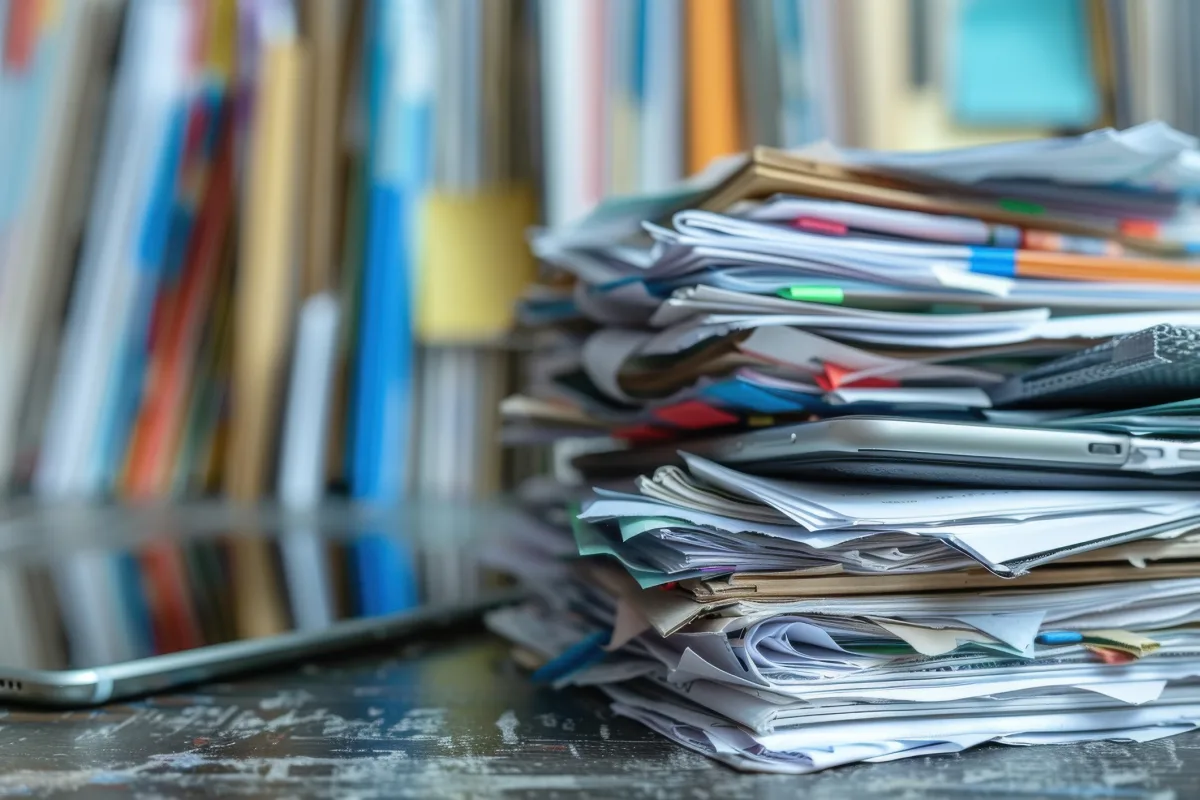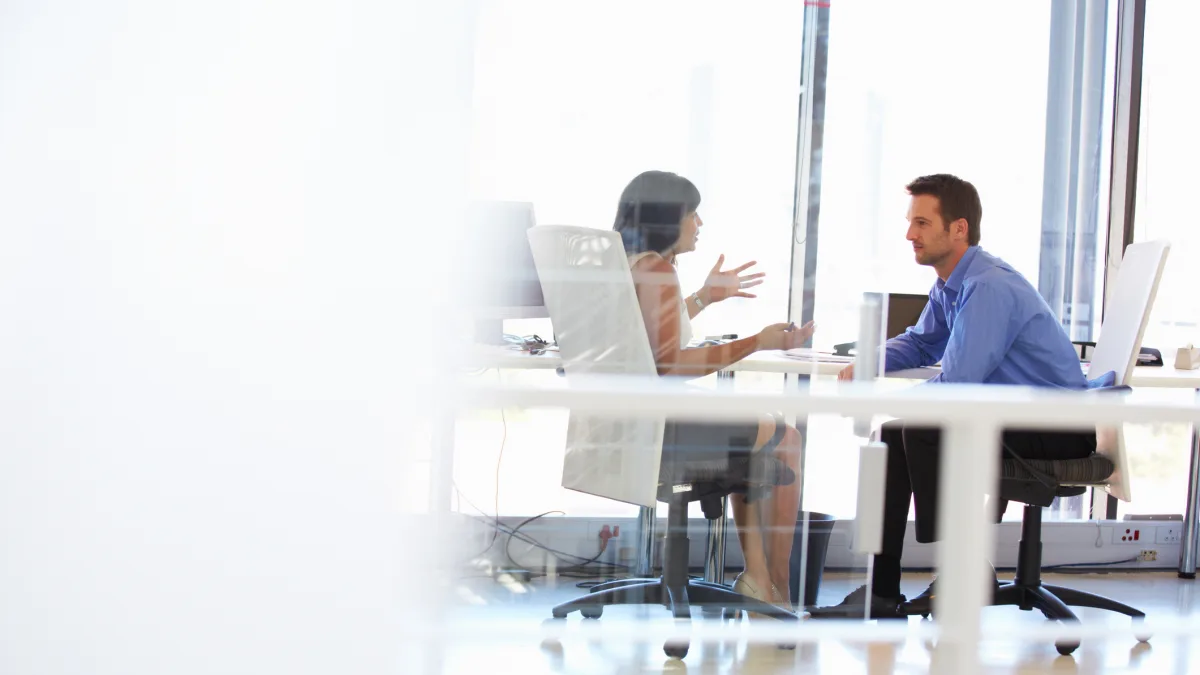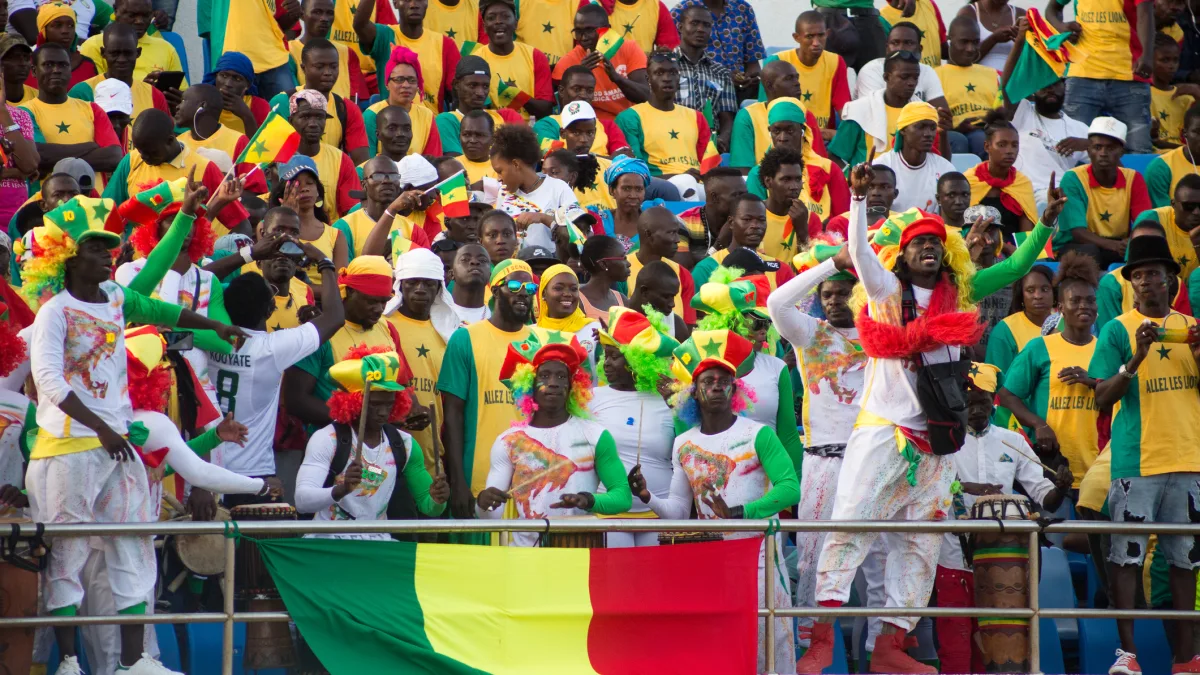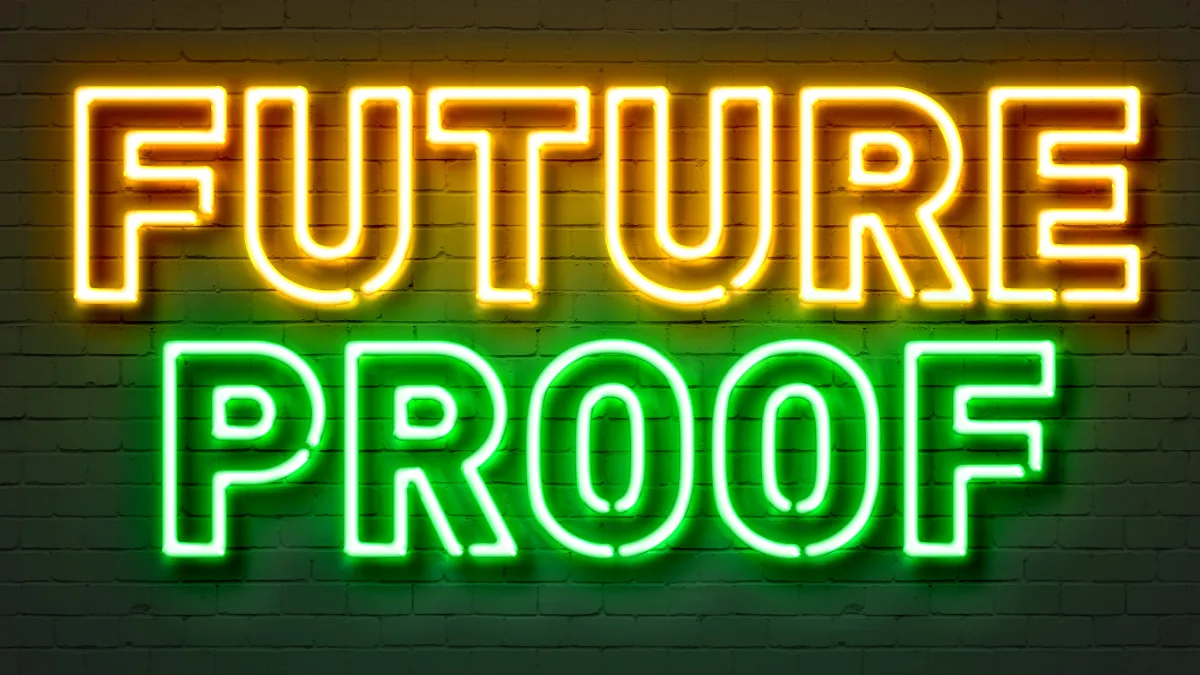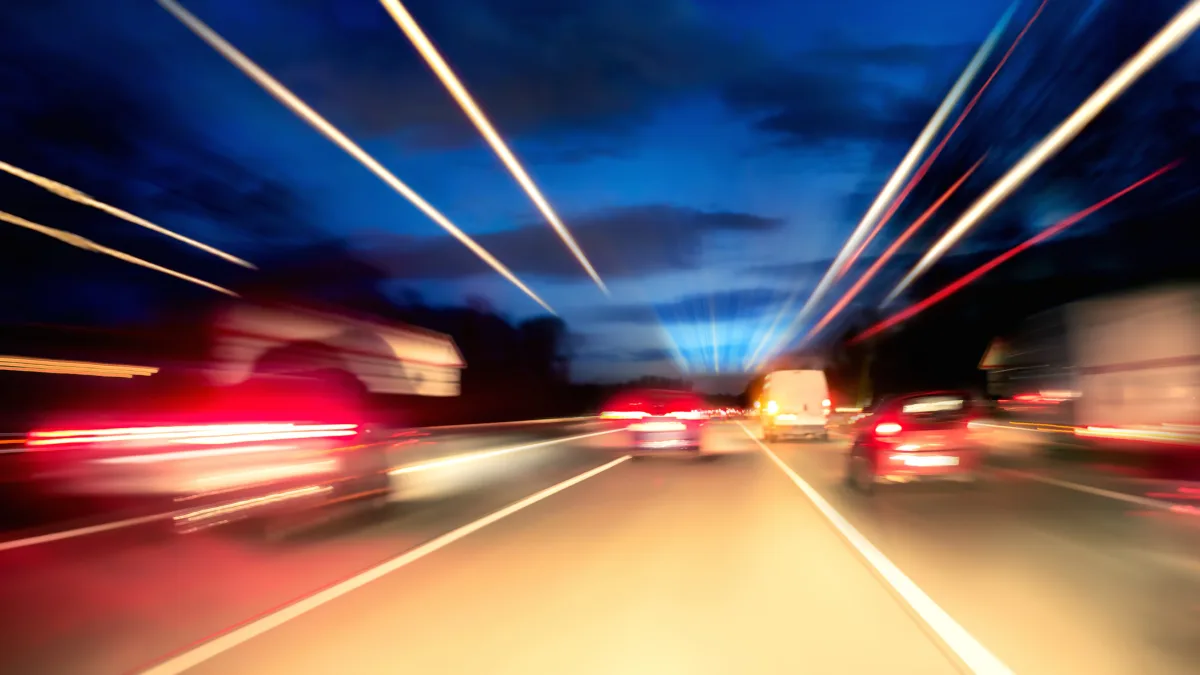Anyone with a smartphone can now broadcast to millions, unfiltered and unverified. News and information (or indeed, misinformation) are instant. No longer are we compelled to wait for an objective, accurate version of events. Whoever speaks first and loudest wins. The facts don’t matter.
Except they do: more now than ever, which is why a growing army of methodical truth-seekers is fighting back. These are the fact-checkers, once relegated to magazine back-offices but now very much democracy’s front line, armed with reverse image searches and a keen scepticism of everything.
The urgency with which fact-checkers are being deployed betrays the depth of need. In May, the European Union announced a five million euros funding programme to strengthen European fact-checking networks, part of President Ursula von der Leyen’s European Democracy Shield initiative.
The funding will support fact-checker protection schemes, create repositories of verified information, and build emergency response capacity—suggesting that Europeans view misinformation as a threat requiring something approaching a public health response.
The rise of the verifiers
According to the Duke Reporters’ Lab, there are currently 443 active fact-checking projects worldwide, operating in 116 countries and more than 70 languages. Whilst this represents a slight decline from 2024’s 451 projects—largely due to Meta’s withdrawal from fact-checking partnerships in America—the sector has grown by over 300 per cent since 2014, when just 110 projects existed globally.
This expansion occurred during journalism’s own fragmentation. As traditional newsrooms shed staff and social media democratised publishing, the information ecosystem became a sprawling bazaar where truth and falsehood jostle for attention with equal vigour. Into this chaos stepped fact-checkers, offering something increasingly precious: methodical verification.
The timing is hardly coincidental. Research published in the Harvard Kennedy School’s Misinformation Review in 2023 found that major fact-checking organisations such as Snopes and PolitiFact agree on their verdicts 92 per cent of the time when checking the same claims.
Such consistency suggests that whilst news may be partisan, facts retain an obstinate objectivity that transcends political allegiances.
The fragmenting fourth estate
Traditional journalism, meanwhile, faces an existential crisis that extends beyond declining revenues.
The profession’s core function—informing the public—has been complicated by the velocity of modern news cycles and the premium placed on speed over accuracy. When breaking news can be shared millions of times before it can be properly verified, the damage of misinformation often outpaces correction.
Fact-checkers approach information differently. Rather than racing to publish first, they specialise in publishing right. Their work resembles scientific methodology more than traditional reporting: hypotheses (claims) are tested against evidence, sources are scrutinised, and conclusions are reached only after rigorous analysis.
The International Fact-Checking Network (IFCN) has codified these practices into formal standards, requiring transparency about funding, methodology, and corrections.
This methodical approach has proved increasingly valuable. A 2022 analysis of fact-checking effectiveness found that fact-checking significantly reduces belief in false information, particularly when corrections include detailed explanations rather than simple true/false verdicts.
The research suggests that readers hunger for context and explanation—precisely what hurried breaking news often lacks.
The qualifications question
But what makes someone qualified to determine truth from fiction? The question reveals both fact-checking’s strength and its potential weakness. Unlike journalism, which has developed informal but recognised credentialing through university programmes and professional associations, fact-checking remains relatively unregulated.
Most professional fact-checkers should hold degrees in journalism, communications, or related fields, suggests recruitment data from platforms such as Indeed. But the essential qualifications are more temperamental than educational: obsessive attention to detail, comfort with ambiguity, and the patience to follow evidence wherever it leads.
The European Fact-Checking Standards Network requires members to demonstrate transparency in methodology, disclose funding sources, and maintain clear correction policies—standards that many traditional news outlets would struggle to meet consistently.
The sector has attracted significant investment beyond government funding. Google and YouTube committed 13.2 million US dollars to fact-checking initiatives in 2022, whilst Meta—despite its American withdrawal—continues funding international fact-checking partnerships. This corporate support reflects both genuine concern about misinformation and the platforms’ desire to avoid regulatory intervention.
Who guards the guards?
However, this raises the most fundamental question about fact-checking’s ascendancy: who fact-checks the fact-checkers?
Professional fact-checking organisations have developed elaborate accountability mechanisms. The IFCN requires signatories to undergo regular audits, maintain public correction policies, and disclose funding sources.
The European network goes further, requiring members to submit financial information to external assessors and offering independent complaint procedures. These standards often exceed those applied to traditional news organisations.
But structural questions remain. Fact-checkers’ power derives partly from their perceived neutrality, yet they must make editorial decisions about which claims deserve attention.
Research shows that different fact-checking organisations check different statements—only about 6.5 per cent of claims examined by major American fact-checkers overlap, according to the Harvard study. This suggests that fact-checking, like journalism, involves subjective choices about newsworthiness and priority.
The dependence on platform funding also creates potential conflicts. When Facebook pays fact-checkers to verify content on its platform, can they truly remain independent? The company’s decision to end its American fact-checking programme whilst maintaining international partnerships suggests that these relationships remain contingent on corporate strategy rather than journalistic principle.
The indispensable truth-tellers
Despite these concerns, fact-checkers have established themselves as essential infrastructure for democratic discourse. Their methodical approach to verification offers something increasingly rare: authoritative guidance about what deserves belief in an information-saturated world.
The EU’s new funding reflects recognition that fact-checking has evolved from a journalistic support function into a public good requiring institutional support. The funding will help establish fact-checker protection schemes—acknowledgement that these truth-tellers face harassment and intimidation for their work—and create emergency response capacities for crisis situations.
Perhaps most tellingly, fact-checkers operate successfully in nearly 80 countries that Reporters Without Borders considers dangerous for journalism. In places where traditional media faces state censorship or violence, fact-checkers often find ways to continue operating, suggesting that their focus on verification rather than investigation provides some protection.
The rise of artificial intelligence adds urgency to these developments. As generative AI makes sophisticated misinformation easier to create, the need for skilled human verification becomes more critical. Fact-checkers are developing new tools to combat deepfakes and synthetic content, positioning themselves as humanity’s defence against machine-generated deception.
Truth’s new champions
The fact-checking boom reflects a broader crisis in information authority. Traditional gatekeepers—editors, broadcasters, public officials—have lost their monopoly on truth-telling, but no replacement hierarchy has emerged. Into this vacuum have stepped fact-checkers, offering not perfect wisdom but methodical rigour.
Their ascendancy suggests that modern democracies require a new division of labour: journalists to discover and report, fact-checkers to verify and correct. This arrangement may prove more robust than the previous system, which relied on individual journalists and editors to perform both functions simultaneously under increasing time pressure.
The EU’s recent investment is modest compared to the scale of the misinformation challenge, but it signals recognition that fact-checking has become critical infrastructure. As traditional journalism continues fragmenting, these methodical truth-seekers may prove democracy’s most reliable guardians—not because they’re infallible, but because they’ve made fallibility visible and correction routine.
When lies travel faster than truth, the fact-checkers’ careful methodology offers something invaluable: the promise that, given time and effort, accuracy can still be distinguished from invention.
Their rise may mark not journalism’s failure, but its evolution—from a profession that breaks news to one that repairs it.
Photo: Dreamstime.
